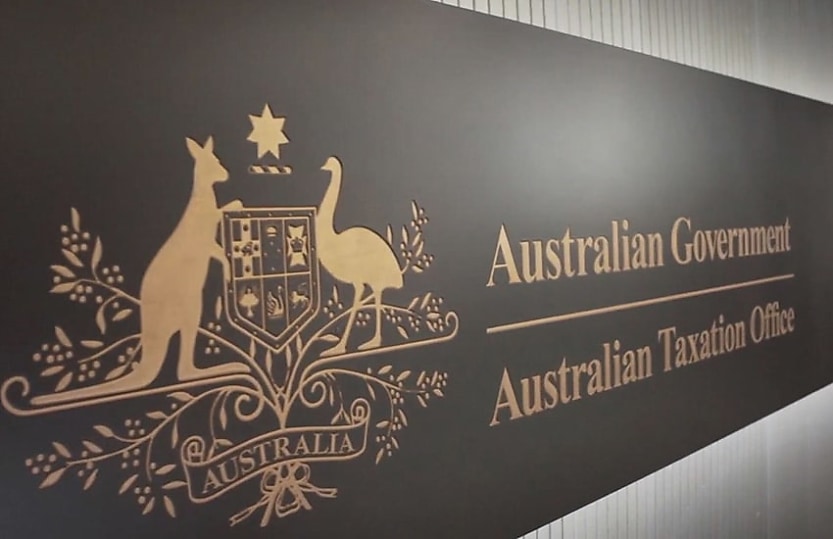ATO taking R&D tax claims more seriously, expert says

A major funding boost for the research and development tax incentive scheme means greater oversight of participating businesses, according to HLB Mann Judd.
Recent moves by the ATO suggest companies who fail to make appropriate use of the research and development tax incentive (RDTI) scheme will have a harder time, said HLB Mann Judd consultant, Troy Smith.
Late last year, the ATO published two taxpayer alerts warning against misuse of its research and development tax incentive (RDTI) scheme.
According to Mr Smith, the agency “took a step back” during the COVID-19 pandemic. The ATO’s recent announcements and additional funding towards the scheme, however, suggest the ATO “certainly [is] and will be focusing a bit more” on ensuring compliance with the scheme.
The federal government is set to increase its funding towards the scheme by $3.4 billion this year given the outsized role it plays in incentivising private research efforts.
In announcing the boost, Minister for Industry and Science, Ed Husic said: “After a decade of going backwards, today’s data shows green shoots are finally emerging in terms of investment into research and development,”
The ATO alerts warned against an increasing incidence of misuse of the scheme. Companies were, in some cases, “artificially inflating” the amounts claimed under the scheme or else claiming the offset in the wrong circumstances through associated entities or foreign-related entities.
The RDTI is jointly administered by the ATO and AusIndustry. According to Mr Smith, the partnership has announced a random review into the use of the RDTI scheme by 200 randomly selected companies.
“Both the ATO and AusIndustry understand the importance of the scheme to the economy, the importance it has to economic growth, job creation, and in enhancing global competitiveness for Australian businesses. So they’re not there to knock them out,” said Mr Smith.
“Obviously, if a company is being intentionally deceiving and misleading, that’s a different story,” he added.
In September this year, the ATO will publish its first annual transparency report into the RDTI scheme. These will include the name of each entity, its ABN/CAN, and the amount claimed under the scheme.
Each report will cover the claims made two years prior, so this year’s release will share information concerning claims made in the income year ending 30 June 2022.
When asked why companies are failing to make appropriate use of the scheme, Mr Smith said it is rarely a case of being intentionally misleading. Rather, certain applications of the scheme, particularly those relating to associated entities can be obscure.
The scheme, when it comes to claiming offsets for associated entities, has “always been an issue for the ATO in claiming expenditure,” he said. The scheme is “not overly complex,” but there is a dearth of information available on the ATO’s website.
By international standards, Australia’s investment in research and development is minimal. In 2021–2022 national spending on research and development comprised only 1.68 per cent of the national GDP, marking a 17-year low according to the ABS. In 2021, South Korea spent 4.93 per cent of its GDP on research and development, in the US the figure was 3.46 per cent.
Australia’s declining investment in research and investment as a percentage of GDP has only been partially offset by strong efforts from the private and higher education sectors, said Mr Smith. In 2022–2023, government spending accounted for 0.49 of the national GDP while the majority came from businesses.
Private investment tends to come from a few “champion” industries, said Mr Smith. Manufacturing, financial and insurance, and professional, scientific, and technical industries account for three-quarters of the nation's research and development spending.
Diversifying private investment streams into research and development is “imperative” in meeting international standards and the RDTI scheme will play a significant role in getting there, he concluded.






